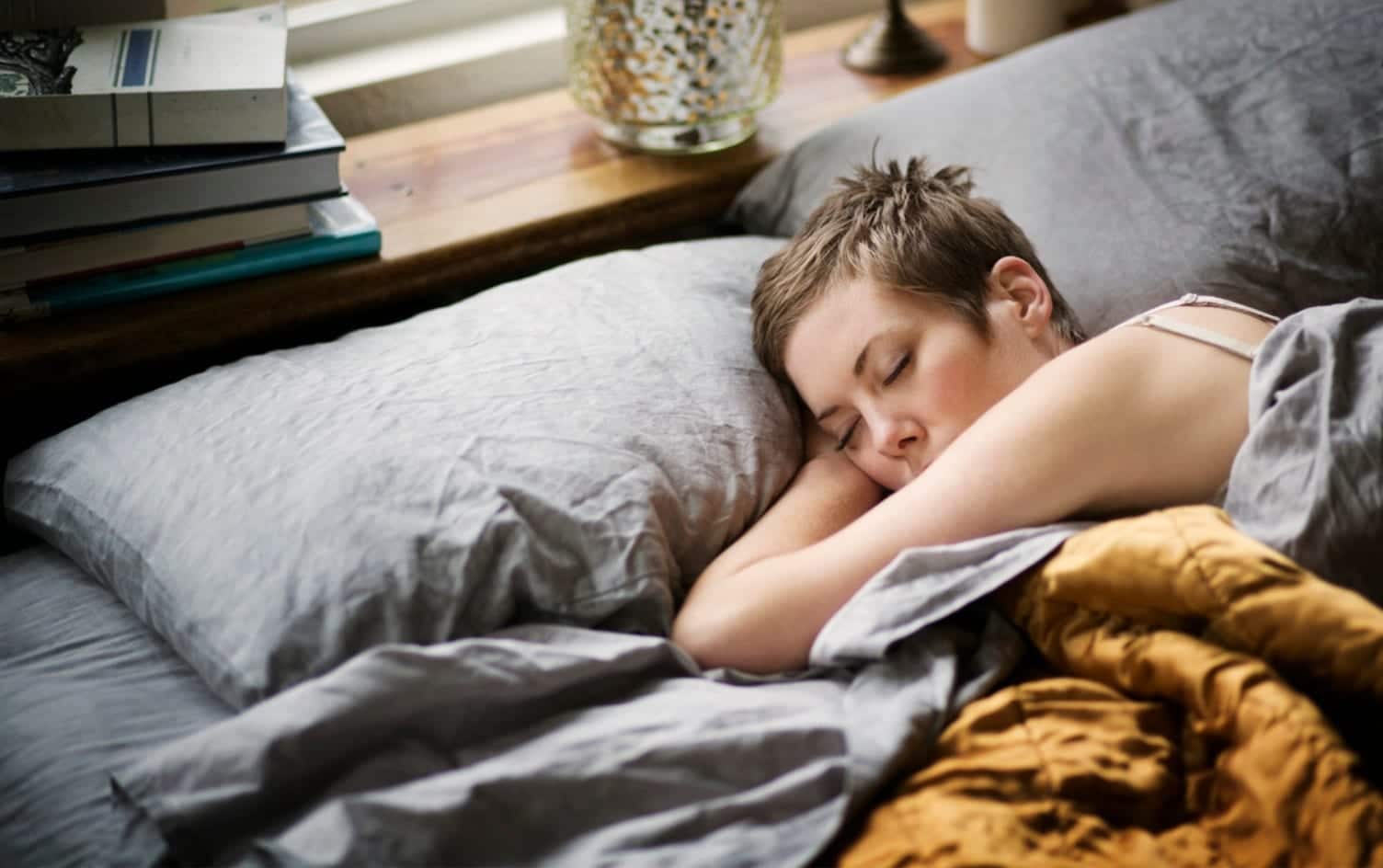When it comes to the amount of time spent in bed, sleep deprivation gets all the headlines — and for good reason. One in three Americans fail to get the recommended 7–9 hours of sleep per night, according to the U.S. Centers for Disease Control and Prevention, increasing the risks of diabetes, stroke, high blood pressure and obesity.
What about those who get too much sleep? Between 1985–2007, the percentage of Americans who slept more than 9 hours per night increased from 27 to 37%, according to research published in the American Journal of Epidemiology. During the same time period, the number of adults getting too little sleep decreased. In other words, sleeping too much is more prevalent than sleep deprivation.
THE LATEST RESEARCH
While logging some additional shuteye might seem like a solution to walking around exhausted, too much sleep also poses health risks. In fact, new research published in the European Heart Journal found that sleeping more than 8 hours per night was associated with a higher risk of major cardiovascular events. In fact, data from 21 countries showed that the risk of cardiovascular diseases such as stroke and heart failure increased up to 41%.
Additional 2018 research analyzed data from 137 studies and found significant links between oversleeping and the incidence of cardiovascular disease, stroke, diabetes and obesity — all of the same health issues associated with too little sleep.
TOO MUCH OR TOO LITTLE
Researcher Dr. Daniel J. Buysse, a professor of sleep medicine at the University of Pittsburgh School of Medicine admits that the reasons for the association are not well understood. Long sleep might be a marker for undiagnosed medical illnesses like depression, he explains.
“It is possible that those who sleep longer are also more likely to be obese or have decreased physical activity, and have underlying medical conditions that in themselves increase the risk of cardiovascular disease and mortality,” adds Dr. Vaishnavi Kundel, a sleep medicine fellow at the Icahn School of Medicine at Mount Sinai in New York.
Spending extra time under the covers could have some advantages, including improved athletic performance. After extending their sleep to 10 hours per night, college basketball players had faster timed sprints, better reaction times and improved shooting accuracy; additional research found college soccer players who slept more than 8 hours per night had a higher average V02 max and time-to-exhaustion on cardio machines, which indicates superior fitness and performance to those who slept less.
While the sweet spot for sleep duration is 7–9 hours per night, Kundel notes there is no clear evidence that logging a few extra hours on occasion is linked to health risks — but she warns that habitual oversleeping could be cause for concern.
THE BOTTOM LINE
Reducing the risk of cardiovascular disease and other health risks is not as simple as going to bed later or waking up earlier. In fact, Buysse notes, “We have very few studies suggesting that long sleepers can actually shorten their sleep — and that, if they do, their medical risks reduce.”
If you habitually log more than 9 hours of sleep per night, make an appointment with your doctor to rule out any underlying health issues and discuss strategies for healthier sleep habits.




